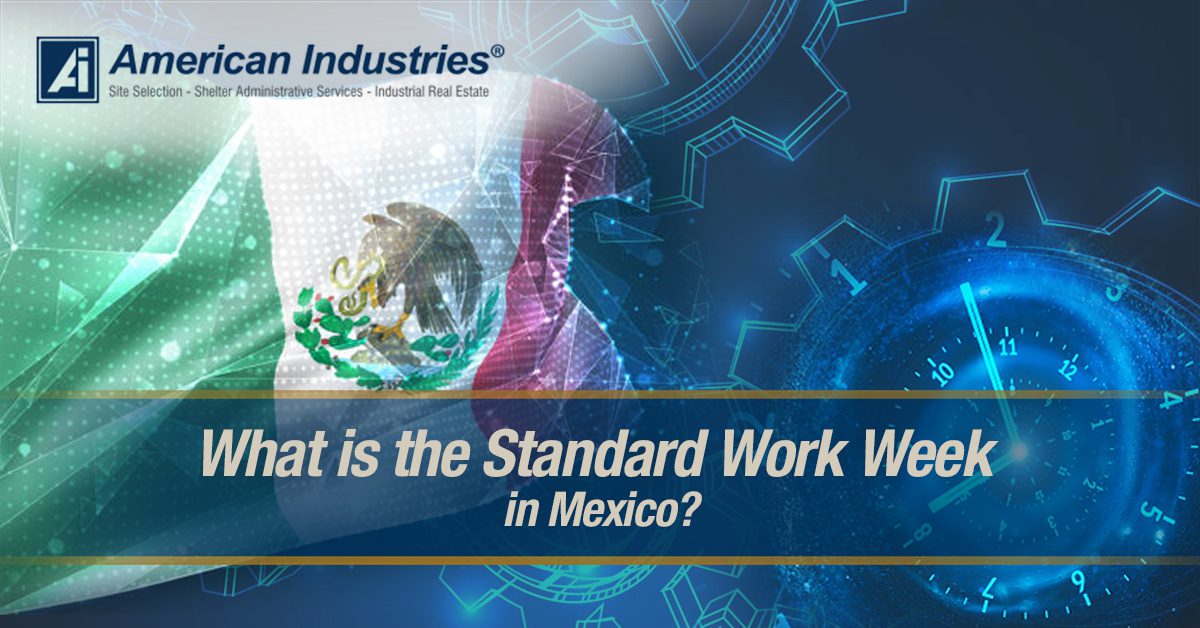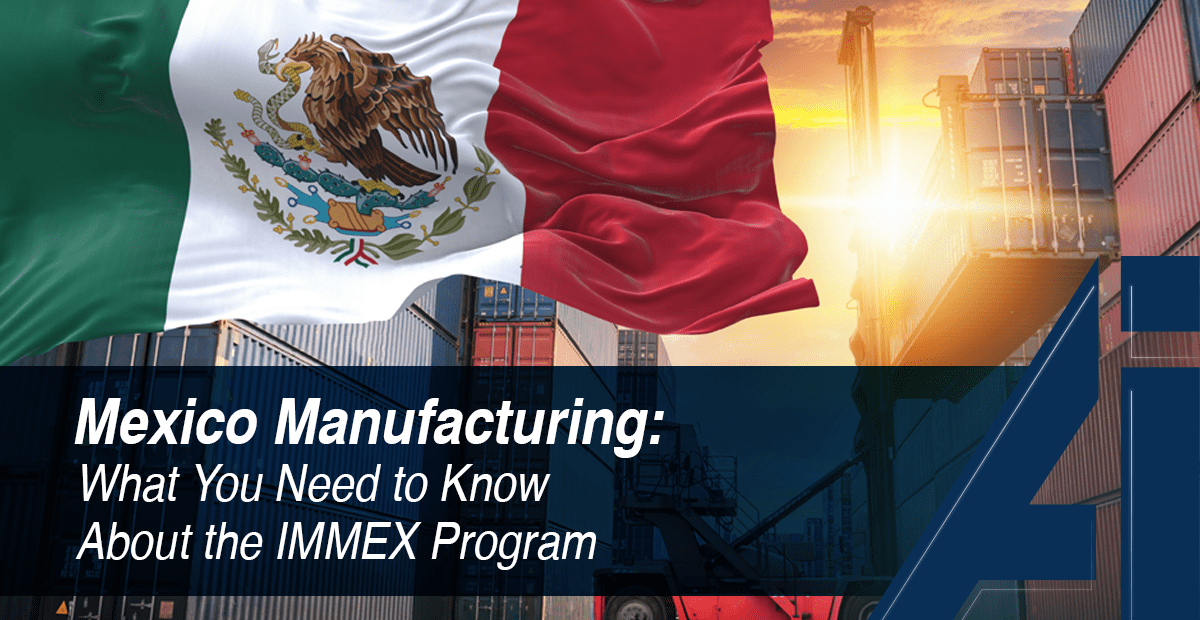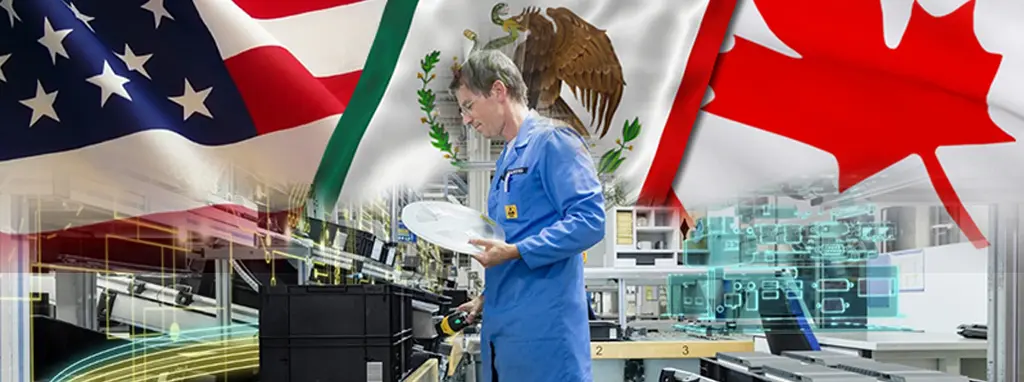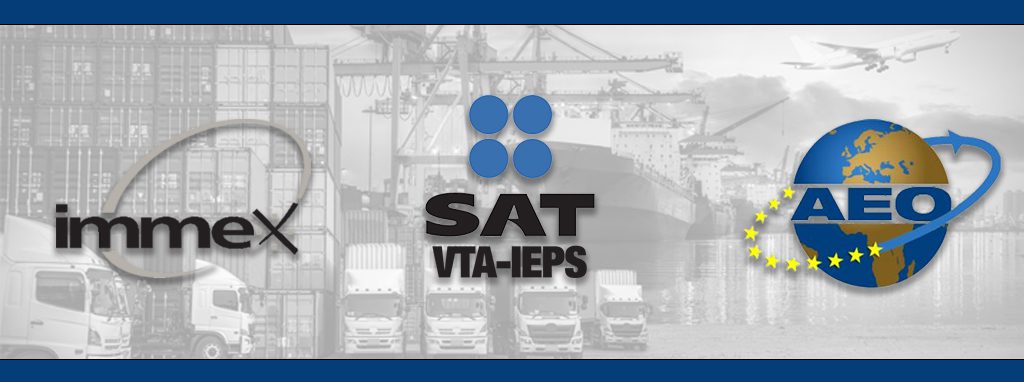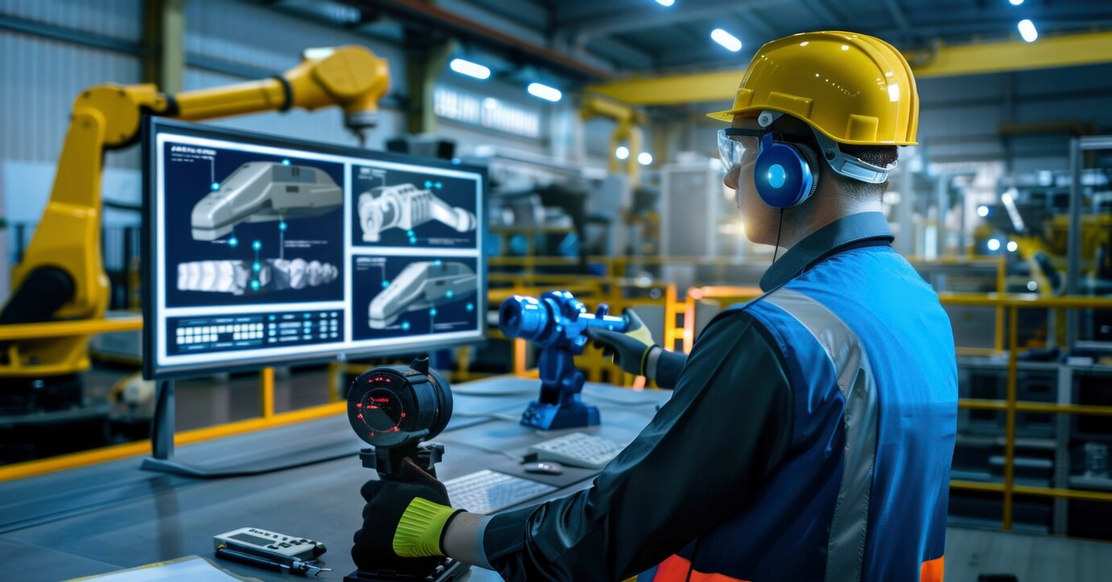
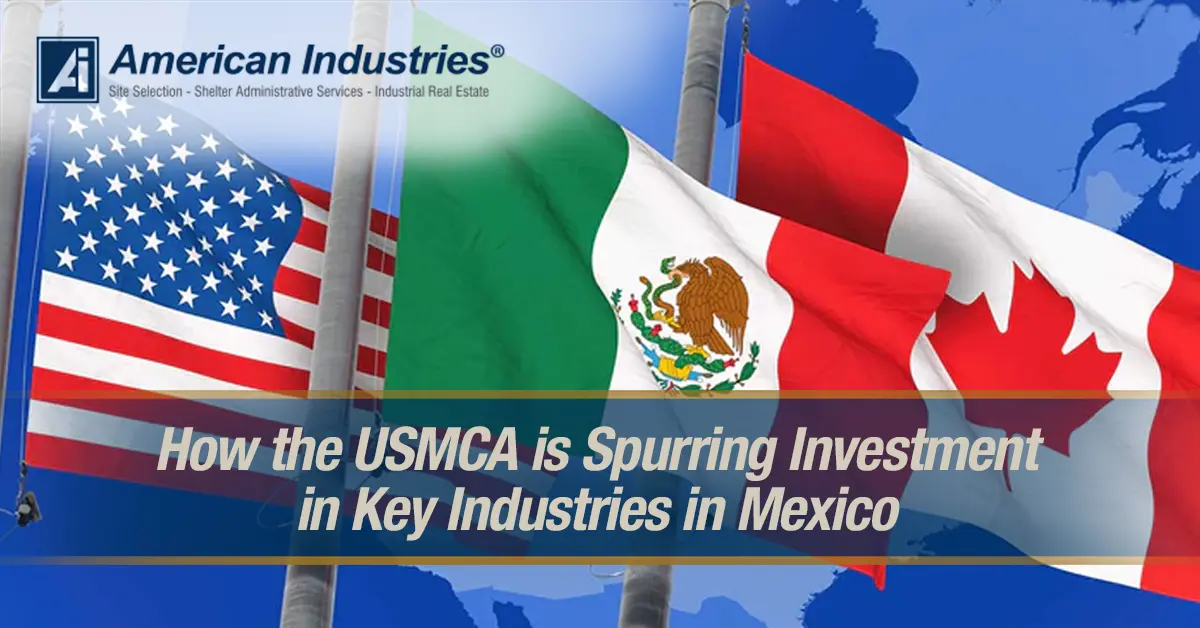
How the USMCA is Spurring Investment in Key Industries in Mexico
With current global economic restructuring and years of US-China trade tensions, the USMCA comes at a critical time, offering significant opportunities for international companies in Mexico and across the world looking to expand. The agreement, aimed at facilitating trade across North America and known as NAFTA 2.0, also provides many benefits for Asian companies looking to start up or expand in the country, especially in the steel, automotive, electronics, machinery, and electrical industries.
Mexico’s well-developed infrastructure, mature supply chain in various sectors, and numerous trade agreements, combined with attractive incentives and tax programs for international companies and five different business models for operating, make it even more attractive than ever for companies in China and worldwide looking to increase their competitiveness to establish operations in Mexico.
One of the main benefits of the USMCA, which went into effect on July 1, 2020, is the renewed certainty it provides to investors. Some of the other main highlights and changes from NAFTA impacting Mexico manufacturing include:
- A more robust investment framework granting more protection and transparency for businesses in Mexico
- Stronger regional economic integration
- Continuation of the seamless movement of goods across North America
- Increased regional content rules mandating that 75% of vehicles’ aluminum or steel come from North America (up from around 60% under NAFTA)
These stricter content rules for autos, steel, and aluminum open up significant opportunities for Asian companies looking to invest in Mexico and take advantage of the USMCA, enabling them to comply with the updated rules. Mexico has been actively seeking out investors looking to capitalize on the new trade deal. Several Chinese automakers have already shown interest in setting up production facilities in Mexico or expanding their existing operations. These include Changan Motors, an electric car maker, and JAC Motors, a state-owned company based in Anhui Province, China. Mexico has also spoken to a number of foreign companies, specifically steelmakers, to entice them to start up business in Mexico.
Mexico has also been talking to another one of the largest players in the global auto industry, Ford Motor Company, about relocating some of its operations to Mexico after the recent closure of three plants in Brazil. Mexico is discussing possible incentives it can offer to the automaker and its suppliers in addition to the existing tax programs that allow companies to defer or even eliminate VAT for qualifying products, including:
- The IMMEX program, which allows companies to reduce import duties and eliminate import or defer import taxes for companies invoicing at least 10% of sales or US$500,000 in goods per year to a foreign country;
- VAT-IEPS Certification, which provides 100% fiscal credit on import VAT for companies exporting 100% of their merchandise generating VAT on credit and comply with other labor and tax obligations;
- and OEA Certification, which facilitates the transport of goods through Mexican customs for imports and exports for companies complying with security chain standards, among other obligations.
When looking to start up operations, there are five models available for doing business in Mexico for companies that would like to leverage these benefits. They include setting up a stand-alone operation (a model that implies the most responsibility and liability in tax, labor, and administrative matters), finding a joint venture partnership, acquiring an existing operation, engaging contract manufacturing (outsourcing), or using a shelter program. This last option is often the most advantageous for foreign companies, as it shortens start-up times and ensures you can have a soft landing in the country. On the other hand, you still maintain complete control over your operations and have the support and guidance of a shelter company in Mexico and its strategic partners for handling all customs, legal, tax, administrative and labor responsibilities, among others.
Though global business has been turned upside down over the last year, with disruptions in trade and supply chains, the USMCA offers exceptional opportunities for companies looking to engage in nearshore or offshore manufacturing in Mexico, for which we highly recommend using a shelter program to ensure you can leverage all the country has to offer.
By Mariana Rodríguez | Guadalajara Customs Manager | American Industries Group®
Subscribe
US toll-free: +1 (877) 698 3905
CAN toll-free: +1 (844) 422 4922
start@americanindustriesgroup.com
Please note that we do not accept job applications here. If you are interested in applying for a position, please visit the following link: https://www.americanindustriesgroup.com/jobs/
Related posts



